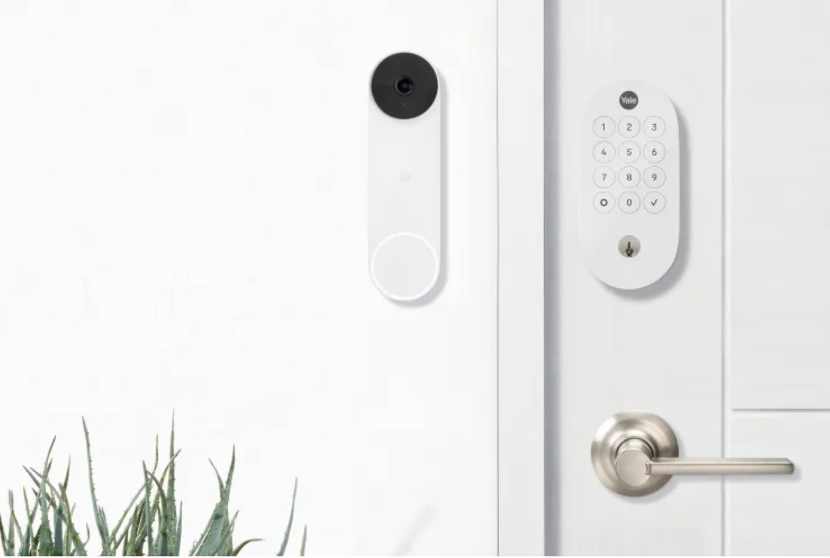Recently, A Liang discovered two significant changes in the overseas smart home sector.
The first is that major overseas smart home brands are accelerating the deployment of Matter products.
The second is that one of the ecosystem platforms, Google, is showing a trend of withdrawing from the smart home hardware layout and focusing more on ecosystem empowerment.

First, Yale has launched a new Matter standard smart lock, and IKEA has introduced a Matter sensor box and switches, which can interconnect with Google Home, Apple Home, Amazon Alexa, and Samsung SmartThings. This demonstrates the power of connectivity.
Now, regarding the second change, Google has discontinued its co-branded hardware. Previously, Yale produced smart locks in collaboration with Google Nest for the Nest x Yale Lock, but now Yale is developing its own ecosystem products. In terms of its own hardware, Google has also stopped the production of its Nest Protect smart smoke detector and has begun collaborating with Resideo‘s First Alert, with First Alert smart smoke and carbon monoxide detectors replacing the Nest Protect smoke alarm. This indicates that Google is moving away from both co-branded and proprietary products to focus on ecosystem products, suggesting a retreat from hardware and a shift towards integrating all ecosystem products into the Google Home APP, rather than the previous Nest app.
In contrast, the domestic market is currently facing significant competition from companies and channels influenced by Xiaomi, as Xiaomi’s ecosystem is the largest, leading to certain constraints in the game rules. The future of smart home technology will undoubtedly be based on multiple ecosystems under more unified standards, creating a cohesive market, which is a consensus. The current industry sentiment in smart home technology suggests that the future belongs to certain major players, indicating a continued battle for ecosystem dominance.
From the perspective of connectivity and ecosystems, I personally believe that overseas markets have already surpassed our domestic market by one level, as their collaborative efforts are significantly greater than ours. A thriving ecosystem can only be achieved on a foundation of enhanced connectivity.
I firmly believe that in the era of AI and the Internet of Things, the global smart home market will far exceed that of automobiles and smartphones. To expand the market, we need to work together for mutual success. Platforms should focus on building ecosystems, and companies should concentrate on product development to elevate the domestic smart home industry.
In conclusion, the overseas smart home market is on the verge of an explosion, while the domestic smart home market is just beginning.